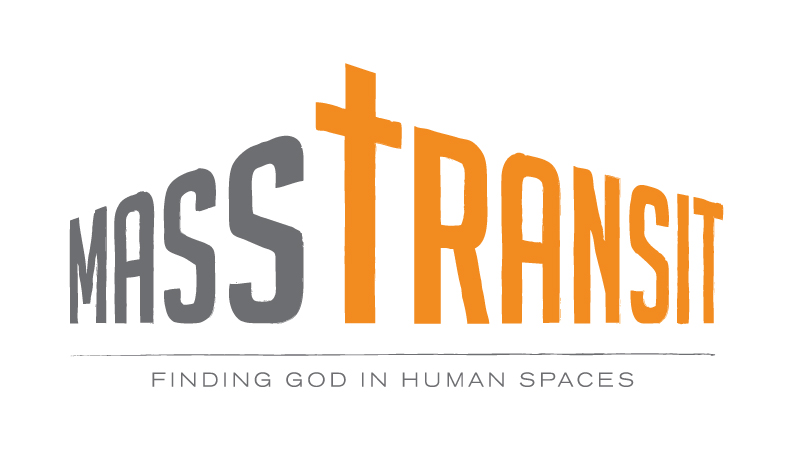The Beginning of Self-Knowledge
“Then Jesus said to them, “You will all become deserters because of me this night; for it is written,
‘I will strike the shepherd,
and the sheep of the flock will be scattered.’
But after I am raised up, I will go ahead of you to Galilee.” Peter said to him, “Though all become deserters because of you, I will never desert you.” Jesus said to him, “Truly I tell you, this very night, before the cock crows, you will deny me three times.” Peter said to him, “Even though I must die with you, I will not deny you.” And so said all the disciples.”
I'm always surprised by Peter's cockiness at the Last Supper. (Matthew 26:26-31) Surely and truly, he would would never betray Jesus. Others may, but not him.
Peter teaches me an important lesson here: self-reflection and introspection is not the same as self-knowledge.
Despite all the time he spent with the Lord, presumably reflecting on all the things he had seen and heard, Peter still had no idea of who he was or how he would react at the time of Jesus' arrest.
You might say that he had become a slave to his false self. He saw himself as a constant and loyal friend. But at the end of it all, Peter finds out who he truly was: a coward.
Which makes we wonder: what's the point of introspection if it is so unreliable? Take Peter's case. His self-reflection confirmed his bias, that he was the rock: "And I tell you, you are Peter, and on this rock I will build my church, and the gates of Hades will not prevail against it." (Matthew 16:18) He believed what he wanted to believe, and was unable to accept evidence to the contrary, such as the time when Jesus said, "Get behind me, Satan! You are a stumbling block to me; for you are setting your mind not on divine things but on human things.” (Matthew 16:23) His introspection did not lead him to see himself as a person capable of denying Jesus not once, not twice, but three times.
So does this mean that I should avoid introspection?
Not at all. I just have to remember that it does not lead to self-knowledge; rather, it is only a starting point toward self-knowledge.
"The image of the soul," St. Bonaventure wrote in the Soul's Journey into God, "should be clothed in the three theological virtues," that is, in faith, hope, and love. To get from introspection to self-knowledge, we must look at ourselves through the eyes of faith, hope, and love.
Through the eyes of faith, I can see myself as someone who is loved by God, in spite of my many flaws and shadows. Through faith, I learn that God loves the whole me, even my shadows (that is, the parts of me that I refuse to admit to myself are there and that I try to hide from others).
Through the eyes of hope, I can see my inherent dignity, not because I am absent fault, but because God loves me regardless. Through hope, I can see the truth, beauty, and goodness in the world because God true, God is beautiful, and God is good.
Through the eyes of love, I can see myself for what I truly am: God's love manifested in the world. I am a very minor incarnation of God's love: in my own limited way, for however fleeting a moment, God created me--as God created all things--as a testament to his love.
Through faith, hope, and love, God restores the true image of myself. God challenges my biases by bringing my shadows to light, so I can accept myself as I truly am: a person beloved by God.
And I can't think of a better way to celebrate Holy Week.
